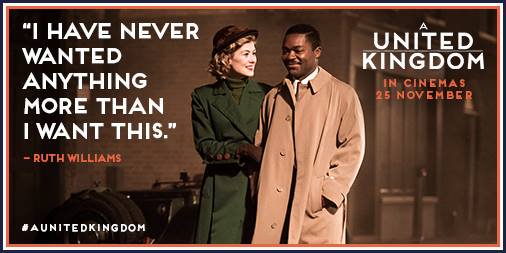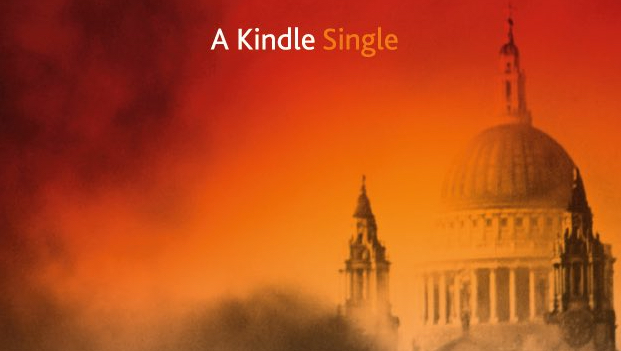Thoughts on National Churchill Day 2017: TheQuestion.com
Q: TheQuestion tries to provide our readers with the most reliable knowledge from experts in various fields. As we celebrate National Churchill Day, April 9th, we would appreciate your thoughts on three questions. These are currently posted without responses on our website: Was Winston Churchill really that good an artist? What made him a great leader? What was his greatest achievement?
TheQuestion: Churchill as Artist
Please take a virtual tour of Hillsdale College’s recent exhibition of Churchill paintings and artifacts. Here your readers can decide for themselves. The consensus among experts, however, is that Churchill was a gifted amateur.…








